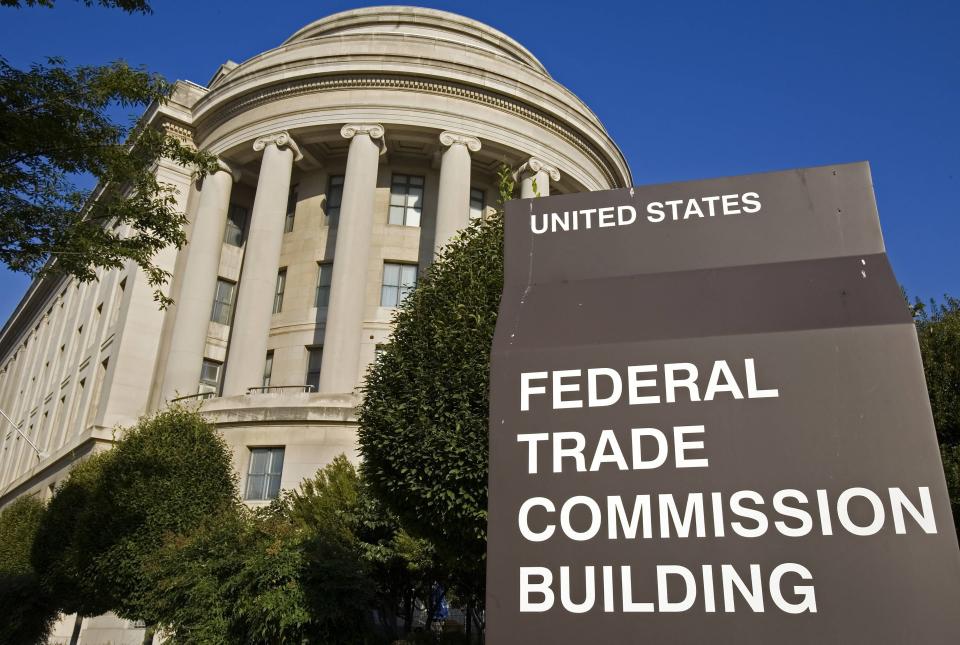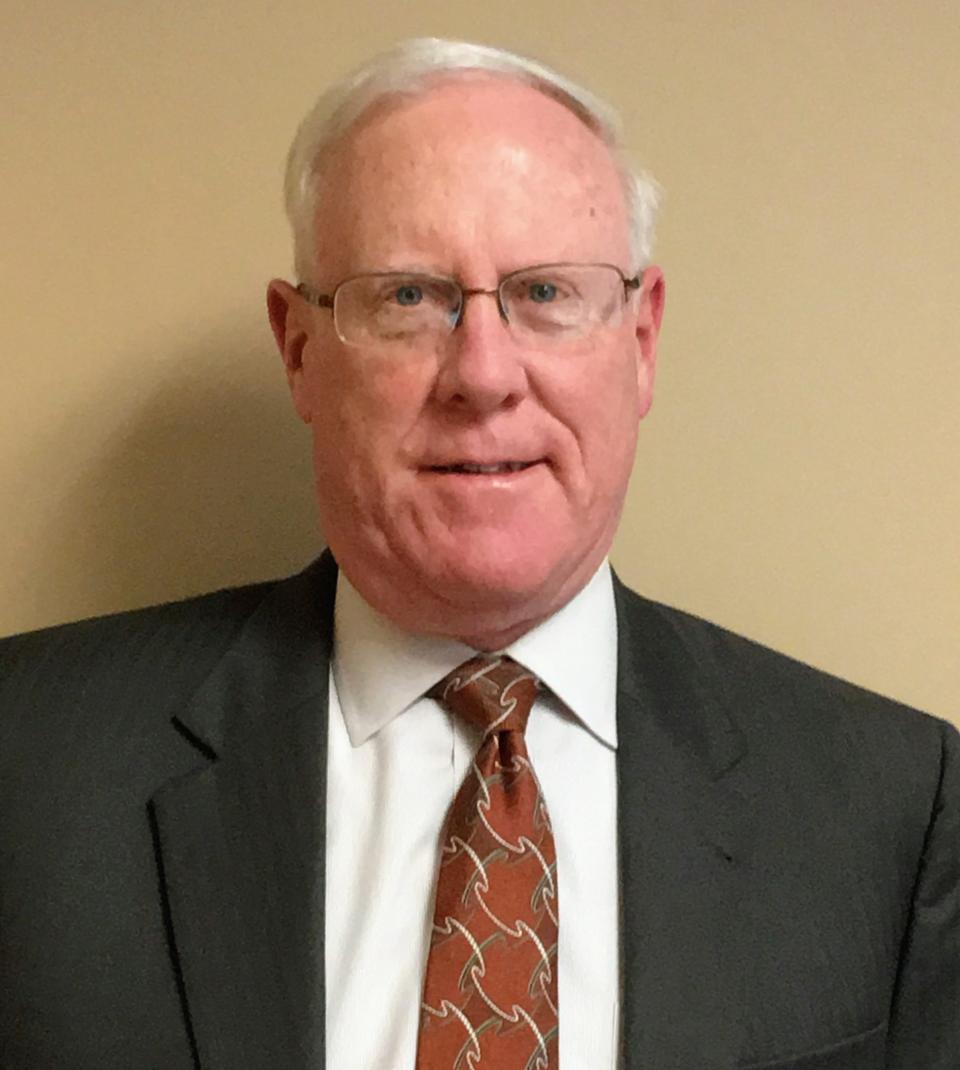Sham cancer charity took in millions of dollars but gave only 1% back to patients
Would you donate $100 to a charity if you knew only $1 would go to supporting the people it serves?
The FTC and 10 states have sued a cancer charity that took in more than $18 million from 2017 to 2022, but only spent $194,809 on financial support to cancer patients.
In telemarketing pitches, the Women’s Cancer Fund (formally titled Cancer Recovery Foundation International) and its executive director, Greg Anderson, told donors “Your donations mean the world to a woman fighting for her life, helping pay basic household bills like rent, water, and heat.”
Gifts to the Women’s Cancer Fund would go “to directly help cancer patients and their families who are in need.” A pledge letter showed a woman with a head covering typically worn by patients undergoing chemotherapy.
The charity exploited the coronavirus pandemic by telling prospective donors that “Coronavirus attacks cancer patients at a time when they are experiencing compromised immunity, a physical threat.”
It said the pandemic had resulted in a tripling of applications for its assistance.
Sharing sensitive information on apps carries risks, but data brokers should not misuse it
Executive director earned more in pay than all patients got in donations
If only 1% of donations was used to help cancer patients, where did the rest of the money go? According to the FTC:

Anderson collected $775,139 in salary – nearly four times what was given to patients.
Overhead consumed $1.73 million, including Anderson’s travel expenses.
Almost $16 million was used to pay for-profit fundraisers.
The FTC, along with Tennessee and 37 other states and the District of Columbia, sued two of the fundraisers in 2021 for collecting $110 million through 1.3 billion deceptive and often illegal robocalls.
After these outfits were banned from fundraising, Women’s Cancer Fund shifted its business to another for-profit fundraiser that allegedly made similarly deceptive claims on its behalf.
Samuel Levine, Director of the FTC’s Bureau of Consumer Protection, said, “Cancer Recovery Foundation International and Anderson abused the generosity of American donors in the most egregious way.” He noted that the sham charity’s illegal conduct deprived legitimate charities of needed funding.
Do your due diligence before supporting a charity
The FTC has shut down other bogus charities. It offers these messages to charities, businesses, and business leaders that support them:
The FTC and the States are united in the fight against bogus charities.
Charities thinking about hiring professional fundraisers should do their homework. Hiring questionable for-profit fundraisers and handing them a big chunk of donations is an easy way to lose the goodwill of the community you serve
For the people in charge, incorporation is not a defense to deceptive practices. The Women’s Cancer Fund lawsuit names both the corporate entity and honcho Gregory Anderson.
Business executives should bring their business savvy to their role as board members of charities. Do your due diligence to make sure it’s a genuine nonprofit. Take a careful look at the books, fundraising expenditures, the background and experience of the people running the charity, arrangements with for-profit fundraisers, and anything else that experienced businesspeople would scrutinize before lending their name to what could be a legitimate charity or a sound-alike scam.

Resist high pressure to donate; take your time to research a charity with the BBB’s Wise Giving Alliance and other rating agencies. Ask how much of your donation will go to services. Don’t donate if you’re asked to pay using cash, a gift card, a wire transfer or cryptocurrency.
Randy Hutchinson is president & CEO of Better Business Bureau of the Mid-South.
This article originally appeared on Nashville Tennessean: Better Business Bureau: Cancer charities took money and kept 99% of it

